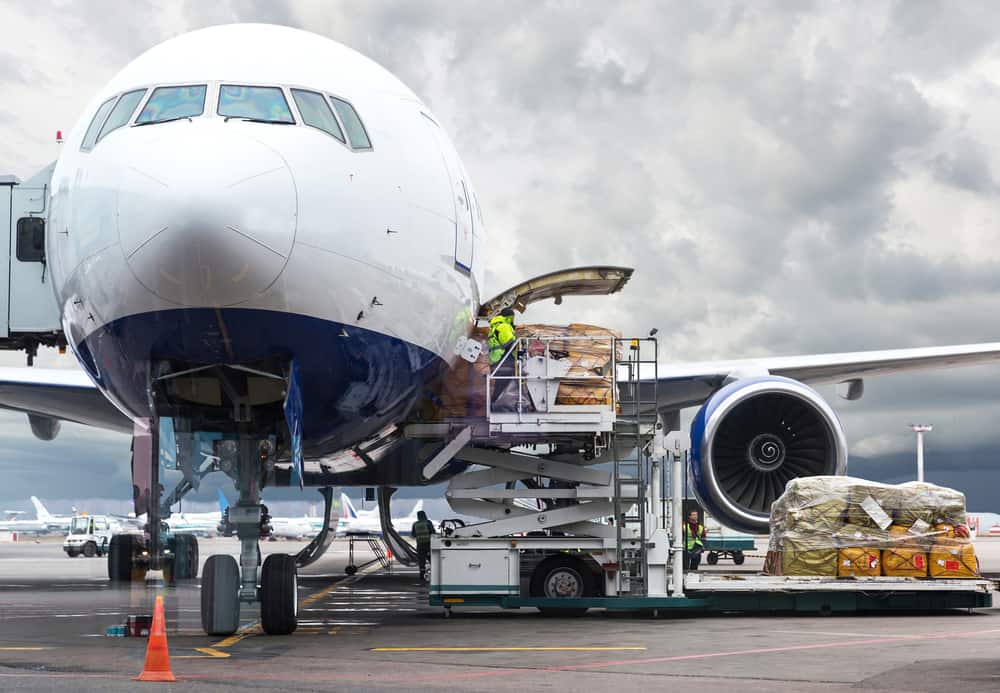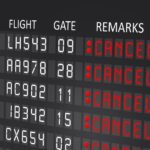Everywhere around the world, reports indicate, the cost of flying cargo continues to rise and negatively impact on an industry that is yet to fully recover from Covid-19 pandemic.
The Africa Airlines Association (AFRAA), a trade association of airlines on the continent, indicates that expensive jet fuel, or aviation turbine fuel, and other expenses are weighing down on profits.
According to AFRAA, full-year revenue loss for African airlines for 2022 is estimated at $4.1 billion, equivalent to 23.4 percent of the 2019 revenues.
To stay in business, reports indicate, airlines adjusted their fares upward because of a sharp rise in the cost of jet fuel. The cost of jet fuel, it is reported, has increased 36 percent in the last six months, prompting airlines to add a special levy to protect their margins.
John Bosco Kalisa, the CEO of the East African Business Council (EABC), stressed that “this is terrible” as it will increase the cost of doing business in the region.
“Already the airlines are struggling to recover from devastating impact of Covid-19. Any additional charges will derail the recovery of both the cargo and passenger flights,” he told Doing Business.
The cost of jet fuel – which accounts for a significant portion of expenses involved in running an aircraft – hit a high of $1.25 a litre from $0.85 in January, piling pressure on airlines at a time when the demand for flying remained low as the industry still recovered from effects of Covid-19.
In Rwanda, high freight rates are already casting a shadow over, among others, Rwanda’s horticulture export prospects.
According to Robert Rukundo, chairperson of the Horticulture Exporters Association of Rwanda (HEAR), prices of airline charges increased from Rwf1.8 million to Rwf2.2 million, the latest being Rwf2.5 million because of the rise in fuel costs and taxes. As noted, the cost is $2.67 per kilo in terms of gross weight.
Horticulture exporters especially worried that national carrier RwandAir planned to increase the airfreight fee on a kilogramme of fresh produce from $1.8 to $2, effective August 1.
“Freight charges have gone up because jet fuel prices have doubled in the last few months. All airlines have increased the rates,” Yvonne Makolo, Chief Executive Officer of RwandAir, told Doing Business on Monday, August 1.
Asked what they are advocating for, Theoneste Ntagengerwa, the Private Sector Federation (PSF) Spokesperson, told Doing Business that: “The solution on our side should focus on finding a Rwandan owned cargo airplane, which can allow us to export big quantities but also lowering the cost for export.”
“The second aspect to consider should also be proper policies that support increase of our export to avoid the cargo [plane] being underutilized.”
But Makolo noted that even when RwandAir eventually secures a cargo plane, high freight charges could stay.
She said: “The freighter is in the process of being acquired but that’s not the answer. It will provide additional capacity but unless fuel prices come down, the rates will still be high.”
Besides the pandemic, the war in Ukraine also affected earnings by airlines that had to endure rising costs of jet fuel.
Source: The New Times






